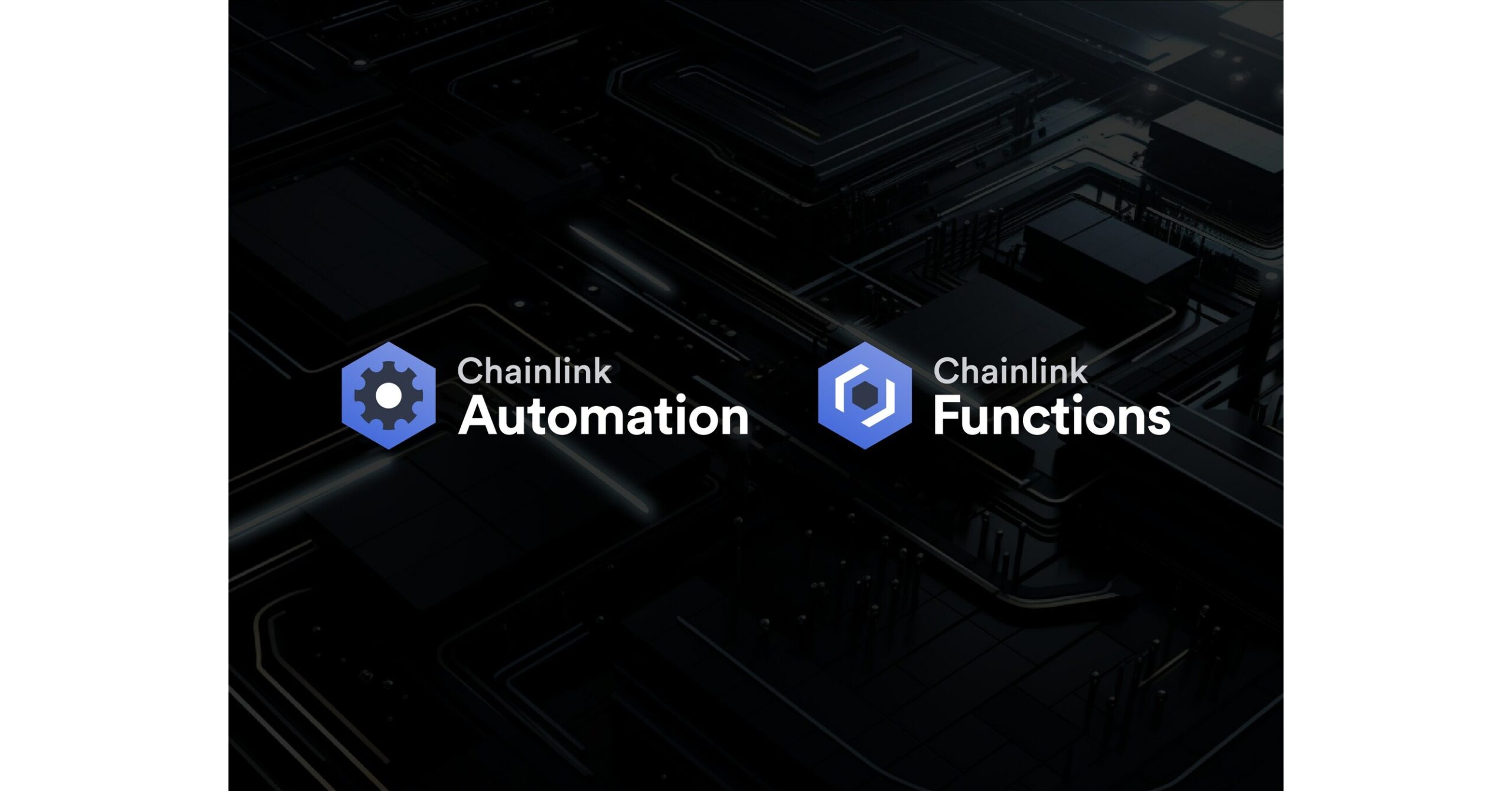
Chainlink, the industry-standard Web3 services platform, has announced the launch of Chainlink Automation 2.0 and Chainlink Functions (Beta) on mainnet. These new features enable developers to leverage advanced offchain computation and data connectivity capabilities across multiple blockchain ecosystems.
Chainlink Automation 2.0 allows developers to offload any smart contract computation offchain in a verifiable and ultra-reliable manner. This enables them to automate complex Web3 use cases while saving up to 90% in gas costs. With Functions, smart contracts can access any real-world API in a serverless manner, opening up new possibilities for building Web3-enabled applications and experiences.
Both Chainlink Automation and Functions are powered by Chainlink decentralized oracle networks (DONs), which ensure trust minimization and cryptographic guarantees. With these new features, developers can automate smart contracts, enhance their computational capabilities, and seamlessly connect them to any desired API.
Sergey Nazarov, co-founder of Chainlink, emphasized the importance of a seamless developer experience in bringing the next hundred million users onchain. He stated, “This is why we’re excited to expand the capabilities of the Chainlink platform with Functions and Automation 2.0 to unlock advanced offchain computation use cases underpinned by the proven security of Chainlink.”
Since the launch of testnet earlier this year, Chainlink Functions has gained significant interest from the developer community, with over 2,800 builders signing up to build with serverless compute and data connectivity. Functions simplifies the app development process, allowing developers to create, fund, and manage their subscriptions using an NPM package or an easy-to-use UI. It also provides more control over execution parameters and API access.
Chainlink has partnered with companies like Space and Time, The Graph, and Chainalysis to integrate their services with Chainlink Functions. These integrations enable users to utilize their data and services in a decentralized and secure manner, unlocking new use cases for DeFi, Web3 gaming, dApps, and enterprise adoption of blockchain technology.
Chainlink Automation 2.0 introduces an expanded set of triggers, allowing smart contracts to react to log events emitted onchain. This creates a powerful messaging bus that connects multiple dApps, similar to the pub/sub messaging bus used in Web2 microservices.
Developers have already started utilizing Chainlink Automation 2.0 for various applications. Oku Finance uses it for onchain liquidators and trustless onchain limit orders, while Sommelier Finance leverages it to reduce user vault deposit/withdraw costs through offchain calculations.
Chainlink’s Automation and Functions services are backed by the same industry-standard infrastructure as other Chainlink services. The platform has a pool of reliable node operators that have enabled over $8.5 trillion in transaction value and maintained unparalleled uptime levels.
In addition to the mainnet launch of Functions and enhancements to Automation, Chainlink also announced the upcoming launch of VRF 2.5, the newest version of its Verifiable Random Function (VRF). VRF is Web3’s most widely used random number generator, with 17 million transactions completed. VRF 2.5 will include improvements such as native gas token billing and a better user experience for upgrading to future versions.
Overall, Chainlink’s advanced offchain computation capabilities, combined with its proven security and reliability, enable developers to build a wide range of next-generation Web3 applications. By seamlessly connecting dApps to any API and running custom serverless compute, Chainlink empowers developers to create innovative and secure decentralized applications.






